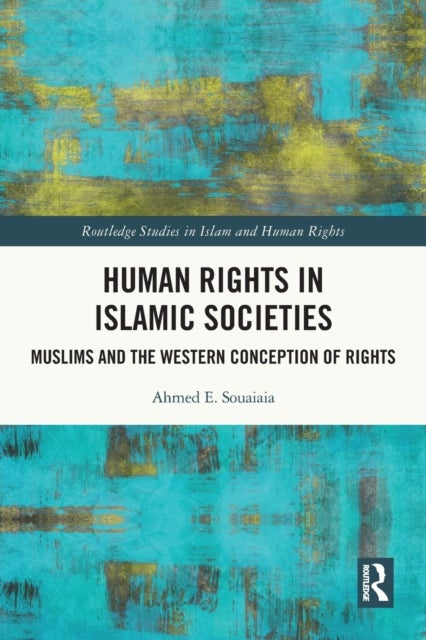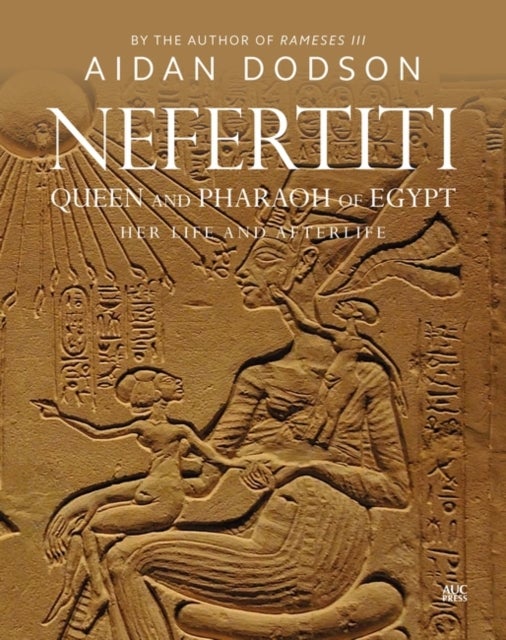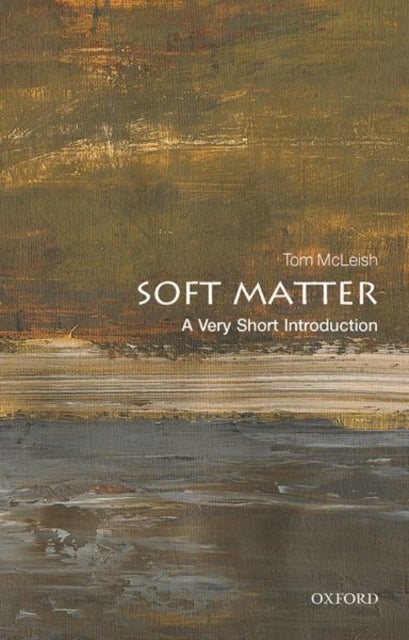
Human Rights in Islamic Societies av Ahmed E. Souaiaia
489,-
<P>This book compares Islamic and Western ideas of human rights in order to ascertain which human rights, if any, can be considered universal. This is a profound topic with a rich history that is highly relevant within global politics and society today.</P><P></P><P>The arguments in this book are formed by bringing William Talbott¿s <I>Which Rights Should Be Universal? </I>(2005) and Abdulaziz Sachedina¿s<I> Islam and the Challenge of Human Rights</I> (2014) into conversation. By bridging the gap between cultural relativists and moral universalists, this book seeks to offer a new model for the understanding of human rights. It contends that human rights abuses are outcomes of complex systems by design and/or by default. Therefore, it proposes that a rigorous systems-thinking approach will contribute to addressing the challenge of human rights. </P><P></P><P>Engaging with Islamic and Western, historical and contemporary, and relativist and universalist thought, this book is a fresh








